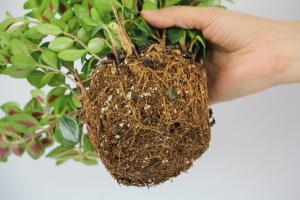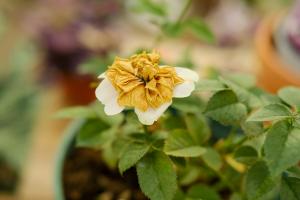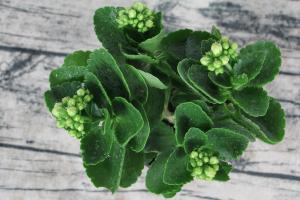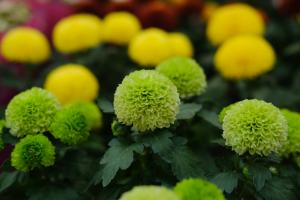Is a Plant-Based Diet Good for Diverticulitis?
Diverticulitis is a digestive condition that occurs when small pouches in the lining of the colon become inflamed or infected. The symptoms of diverticulitis can range from mild discomfort to severe pain, and in some cases, it can lead to serious complications. Diet plays a crucial role in the management of diverticulitis, and many doctors recommend a plant-based diet to help alleviate symptoms and prevent flare-ups.
What is a Plant-Based Diet?
A plant-based diet is a way of eating that focuses on whole, minimally processed foods that come from plants. It includes fruits, vegetables, whole grains, legumes, nuts, and seeds, and excludes meat, dairy, and highly processed foods. A plant-based diet is rich in fiber, nutrients, and antioxidants, which may help reduce inflammation in the body and promote good digestive health.
How can a Plant-Based Diet help with Diverticulitis?
Diverticulitis is often caused by a low-fiber diet, which can lead to constipation and the formation of small pouches (diverticula) in the colon. When these pouches become infected or inflamed, they can cause pain, bloating, and other digestive symptoms. A plant-based diet is high in fiber, which can help regulate bowel movements and prevent constipation. Additionally, plant-based foods are rich in nutrients and antioxidants, which may help reduce inflammation in the colon and improve overall digestive health.
What Foods Should You Eat on a Plant-Based Diet for Diverticulitis?
If you have diverticulitis and are considering a plant-based diet, it's important to include a variety of foods to ensure you are getting all the nutrients you need. Some good choices include:
Fruits: Berries, apples, oranges, bananas, grapes, melons, etc.
Vegetables: Leafy greens, broccoli, cauliflower, carrots, sweet potatoes, etc.
Whole Grains: Brown rice, quinoa, whole wheat bread, oats, etc.
Legumes: Chickpeas, lentils, black beans, kidney beans, etc.
Nuts and Seeds: Almonds, walnuts, chia seeds, flax seeds, etc.
It's also important to drink plenty of water and other fluids to stay hydrated and help move food through your digestive system.
What Foods Should You Avoid on a Plant-Based Diet for Diverticulitis?
While a plant-based diet is generally considered safe and beneficial for people with diverticulitis, there are some foods you should avoid or limit to prevent flare-ups. These include:
Processed Foods: Fast food, packaged snacks, sugary drinks, etc.
Meat: Red meat, poultry, fish, etc.
Dairy: Milk, cheese, yogurt, etc.
High-Fat Foods: Fried foods, butter, margarine, etc.
Spicy Foods: Hot peppers, hot sauce, etc.
It's also important to avoid foods that are difficult to digest, such as nuts, seeds, and popcorn, until your symptoms have improved.
Conclusion
A plant-based diet can be a helpful way to manage diverticulitis and improve digestive health. By focusing on whole, minimally processed foods that come from plants, you can increase your fiber intake, reduce inflammation, and promote good bowel health. However, it's important to talk to your doctor or a registered dietician before making any major changes to your diet, especially if you have a medical condition like diverticulitis.

 how many times do yo...
how many times do yo... how many planted tre...
how many planted tre... how many pine trees ...
how many pine trees ... how many pecan trees...
how many pecan trees... how many plants comp...
how many plants comp... how many plants can ...
how many plants can ... how many plants and ...
how many plants and ... how many pepper plan...
how many pepper plan...
































